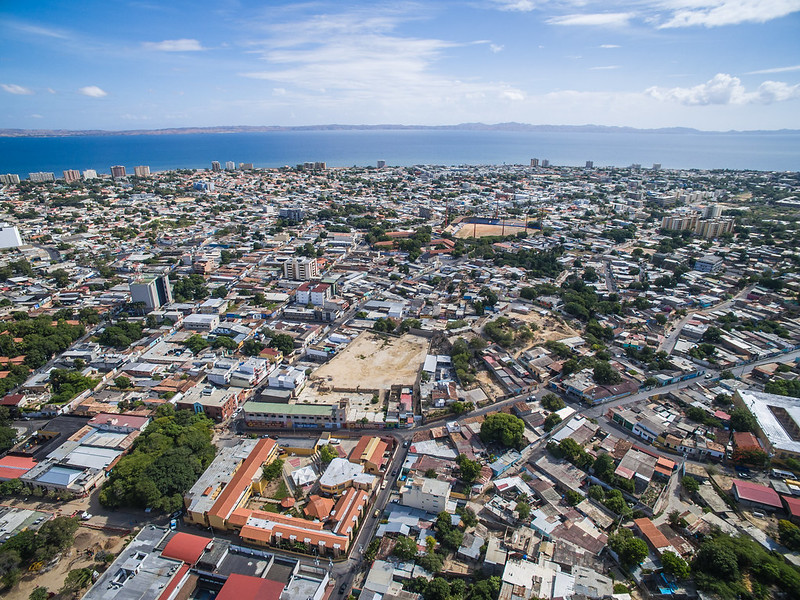USAID in Venezuela, Strengthening Local Economies
 USAID in Venezuela aims to be a catalyst for the international response to aid impoverished communities in Venezuela. It provides more than $200 million to diminish the humanitarian crisis triggered by Nicolás Maduro’s regime. Eradicating poverty is not only a national but an international affair. The decline of democracy in Venezuela can also be seen as a consequence of the increase in national poverty. As such, USAID in Venezuela is also a matter of national security and economic stability.
USAID in Venezuela aims to be a catalyst for the international response to aid impoverished communities in Venezuela. It provides more than $200 million to diminish the humanitarian crisis triggered by Nicolás Maduro’s regime. Eradicating poverty is not only a national but an international affair. The decline of democracy in Venezuela can also be seen as a consequence of the increase in national poverty. As such, USAID in Venezuela is also a matter of national security and economic stability.
United States’ Response to the Crisis
According to the Department of State, the United States is the largest donor responding to the Venezuelan crisis, with over $856 million in total assistance. However, helping does not only mean providing aid for Venezuelans living in their country. The United States also offers support for those who fled to nearby countries. The aid covers 16 Latin American nations, such as Colombia, Ecuador, Peru, Argentina and Chile.
What USAID Covers in Venezuela
- Food: Hot meals and water.
- Sanitation: The organization provides hygiene and health for the affected population.
- Temporary shelter
- Educational services
- Protection for vulnerable children
Due to the COVID-19 pandemic, USAID began to prioritize life-saving humanitarian assistance in Venezuela. This includes basic healthcare, providing access to medicine and supplies, training healthcare workers and combating other infectious diseases like Malaria.
USAID in Venezuela, Strengthening National Security and Economy
In Maduro’s regime, U.S. efforts to sustain the Venezuelan people externalize a political decision to disapprove Maduro’s resolutions as a leader.
“We do this because our National Security Strategy prioritizes the reduction of human suffering and doing our part to respond to crisis situations make Americans safer at home,” argues the U.S. Department of State. Moreover, foreign aid triggers a better political understanding between nations.
On the other hand, a lack of governance and extreme poverty create economic conflict between countries. In January 2021, Maduro announced that the country had received 98.6% less income than 2013, the year that he took office. As unemployment and hunger grew, other nations imposed sanctions on Maduro’s government. The latter has had a domino effect on Americans as the Venezuelan government was unable to pay their debts to Americans who invested in foreign debt.
Foreign aid is not merely an external investment but a strategic and mutually beneficial deal. Nations all over the world depend on each other to safeguard their people’s basic needs. When a nation suffers, the global community is affected. By strengthening local economies, USAID in Venezuela steadily continues to alleviate poverty and protect vulnerable groups.
– Paola Arriaza Avilés
Photo: Flickr
